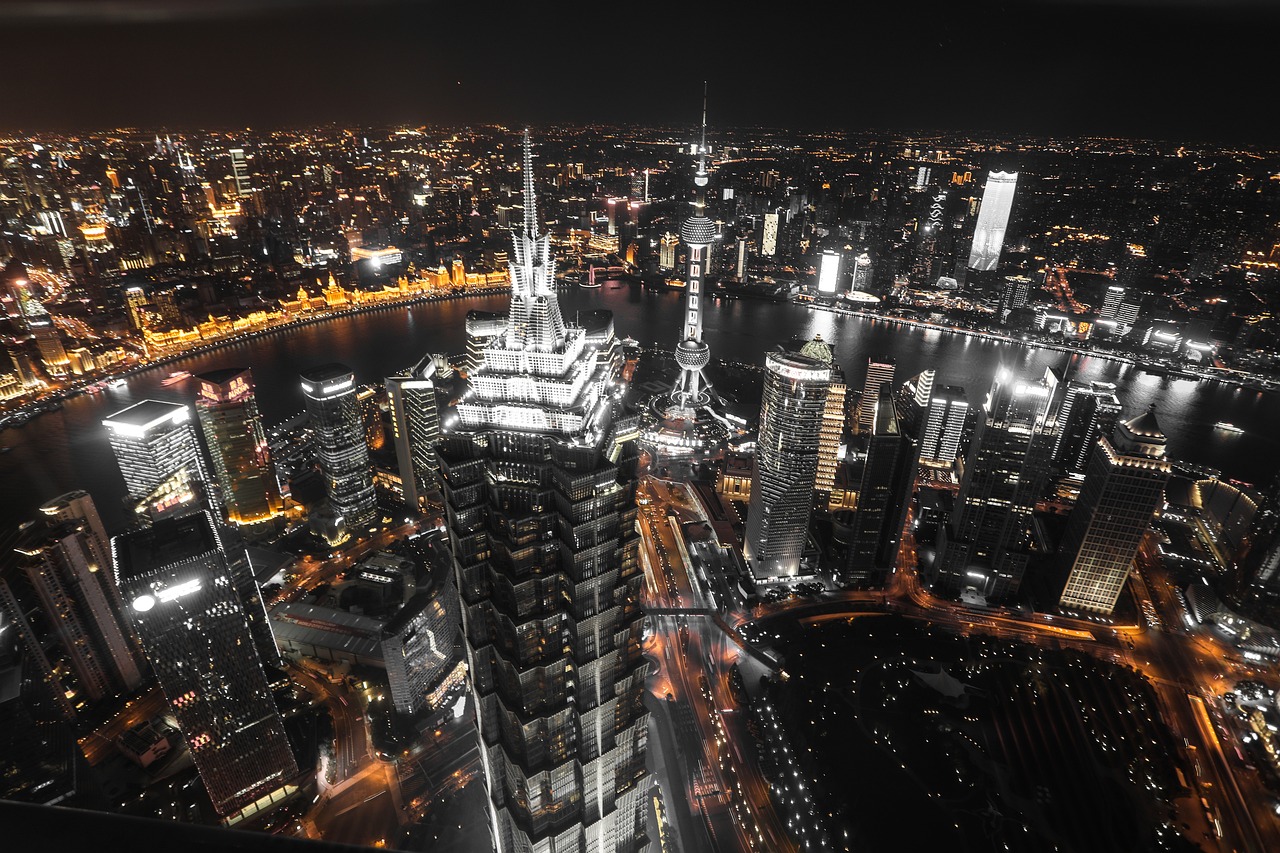
During his recent visit to South Africa, Minister Liu Jianchao, the head of the International Department of the Communist Party of China, outlined China’s ambitious modernisation plans and emphasised the growing importance of BRICS in the global landscape, iol reports.
Minister Liu detailed China’s modernisation strategy, which is deeply rooted in the concept of common prosperity, technological advancement, and sustainable development. He emphasised that China’s approach to modernisation is distinct from Western models, focusing on harmony between economic growth and social equity. This strategy includes massive investments in infrastructure, green energy, and digital technology, all aimed at elevating the living standards of China’s vast population while ensuring environmental sustainability.
Liu also highlighted the significance of BRICS as a platform for cooperation among emerging economies. He pointed out that BRICS represents a new form of multilateralism, one that is more inclusive and reflective of the diverse interests of its member states. By working together, BRICS countries can drive global economic growth and create a more balanced international order. For China, BRICS is not just an economic alliance but a crucial part of its diplomatic strategy, allowing it to engage with other major developing nations on equal footing.
The minister’s visit to South Africa underscores China’s commitment to strengthening BRICS and its relationship with African nations. As the BRICS group looks to expand and include new members, China’s leadership in this bloc is likely to shape the future of global governance, providing an alternative to traditional Western-led institutions. Minister Liu’s statements in South Africa reflect China’s vision for a more interconnected and equitable world, with BRICS playing a central role in this transformation.

